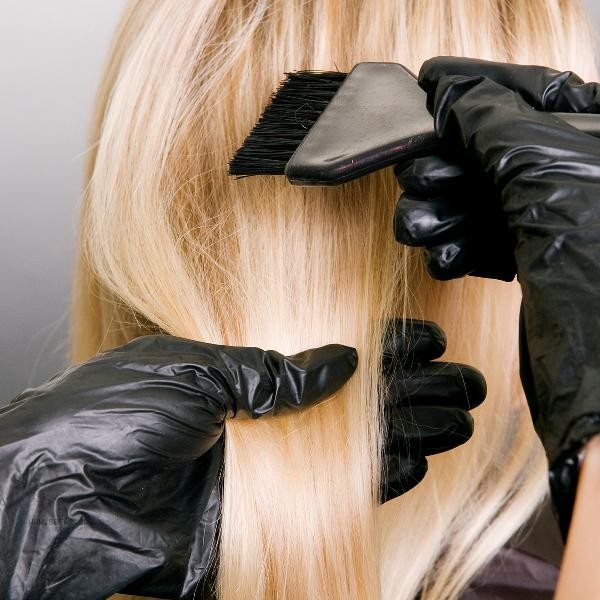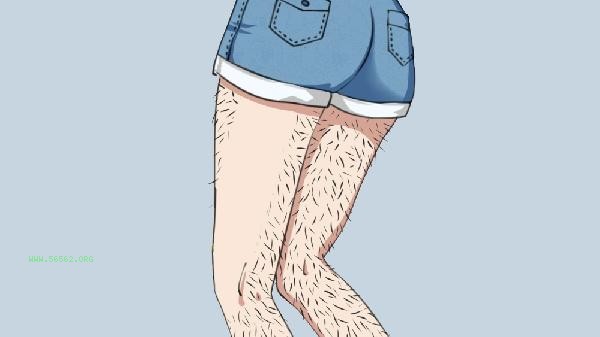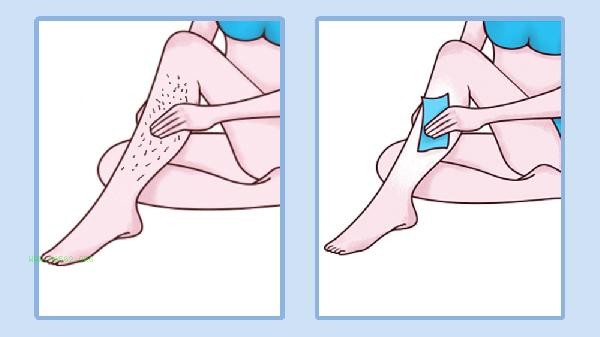Scar induced hair loss is usually caused by permanent damage to hair follicles, and there are generally no active hair follicles in the scar area. Scar induced hair loss may be caused by trauma, infection, inflammatory diseases, radiation therapy, genetic factors, etc. It is necessary to confirm the status of hair follicles through professional examination.

1. External forces such as burns, scalds, and mechanical injuries can directly damage the deep structure of the skin, leading to the death of hair follicle stem cells. The fibrotic tissue formed by such injuries will replace normal hair follicles, commonly found in car accident injuries or surgical incision sites. Early debridement and anti infective treatment can help reduce scar formation.
2. Infection
Severe bacterial infections such as abscesses and fungal infections such as ringworm can cause suppurative inflammation around hair follicles. Long term uncontrolled infections can cause irreversible damage to hair follicle structures, and Staphylococcus and Trichophyton are common pathogenic microorganisms. Timely use of antibiotics can reduce the probability of hair follicle destruction.
3. Inflammatory diseases
Autoimmune diseases such as discoid lupus erythematosus and lichen planus can attack hair follicle epithelial cells. Chronic inflammation leads to fibrosis around hair follicles, forming permanent hair loss patches. This type of disease requires immunosuppressants to control its progression.
4. Radiotherapy

When head tumors are exposed to radiation, high-energy radiation can irreversibly damage hair follicle hair cells. When the radiation dose exceeds the tolerance threshold of hair follicles, it can cause permanent hair loss in the irradiated area. Modern radiotherapy techniques can significantly reduce such side effects.
5. Genetic factors
Some hereditary skin diseases, such as epidermolysis bullosa, can form blisters and scars when the patient's skin is lightly rubbed. Repeated skin lesions ultimately lead to the disappearance of hair follicles, and these patients often experience hair loss in multiple parts of the body. Patients with scar hair loss should avoid scratching the affected area and choose mild and non irritating shampoo products. Wear breathable protective caps in daily life to prevent UV damage, and supplement with high-quality protein and vitamin rich foods to help maintain the health of remaining hair. It is recommended to regularly check the status of hair follicles at the dermatology department. For stable small scars, hair transplantation surgery can be considered. For large scars, it is recommended to use medical wigs to improve appearance. Maintaining a clean and dry scalp and controlling underlying diseases are key measures to prevent scar enlargement.










Comments (0)
Leave a Comment
No comments yet
Be the first to share your thoughts!